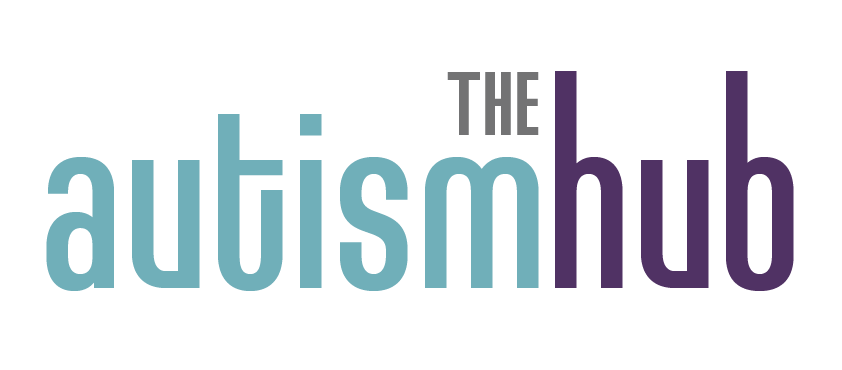Supporting Autistic Students in the Classroom – Full Day Course
Date:
Monday 25 November 2024
2025
Thursday 27 March 2025
Tuesday 27 May 2025
Time:
9.00am – 3.30pm
Venue:
The Autism Training Hub, Giant Steps, Gladesville, Sydney
Cost:
$330
Course Description
Do you teach or support autistic students in your classroom? Are you seeking effective strategies to enhance their participation and inclusion?
This full day course looks at the unique learning styles and challenges that autistic children experience. It is designed for teachers, support staff, and school leaders who are committed to helping autistic students be successful in their learning in school.
Educators will enhance their understanding of Autism by covering four essential topics.
First, the course looks at how autistic children process information differently. It also looks at how these differences may heighten their experience of anxiety. Next, it addresses communication, focusing on both receptive and expressive skills. It also explores sensory processing differences specific to autistic children. Finally, the course emphasises the importance of routines in helping autistic children become active and engaged members of their school, including how routines support transitions.
Participants will learn how to choose and use strategies and practical supports in their schools. Please see below an outline of the topics that make up this course.
Topic 1: Cognitive Differences
Participants will:
• Broaden their understanding of Autism by learning about the different strengths and preferences that Autistic children have in thinking, socialising and processing information from their surroundings
• Explore some of the challenges that Autistic children may experience in a school setting
• Consider how practical supports and strategies might be implemented to enhance a student’s engagement
Topic 2: Impact of Anxiety on Behaviour and Engagement
Participants will:
• Consider how neurodevelopmental differences can lead to increased anxiety and stress in autistic individuals
• Explore practical strategies to use in the classroom to actively support student well-being
Topic 3: Sensory Processing
Participants will:
• Develop an understanding of sensory processing
• Acknowledge the impact of sensory processing throughout the day
• Consider how sensory processing styles may present within the school setting
• Learn about key strategies for supporting sensory processing
Topic 4: Communication Supports
Participants will:
• Discover why communication supports are not only useful, but often essential for both speaking and non-speaking autistic students.
• Understand the communication preferences of autistic students, and use the knowledge to explore the specific preferences and support needs of an autistic learner in your class
• Explore a range of communication supports for different purposes, including the use of concrete supports for supporting understanding and expression

Presenter – Rachael Bowen
Rachael Bowen is a Speech Pathologist and teacher who has over 16 years’ experience working with young people with autism in educational settings. Rachael has a special interest in developing the functional communication needs of young people with autism. Rachael has been working on a number of special interest initiatives including establishing The Autism Hub, an information and resource sharing platform, and investigating the literacy profiles of minimally verbal children with autism including considerations for practice alongside Griffith University. Disseminating knowledge and practical strategies is a critical part of both of these projects so others working with individuals with autism are able to apply best practice frameworks and strategies that have a solid theoretical basis. Rachael has been involved in delivering professional learning for parents, teachers, and other professionals in a range of settings.
For enquiries specific to this course please contact autismhub@giantsteps.net.au
The Autism Hub professional learning courses aim to increase participants knowledge and confidence to best support the learning of autistic children and adults. Proudly supported by Future Generation Australia.



